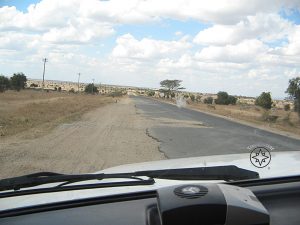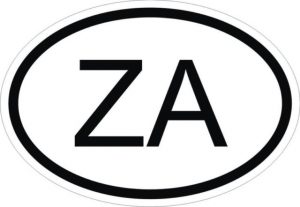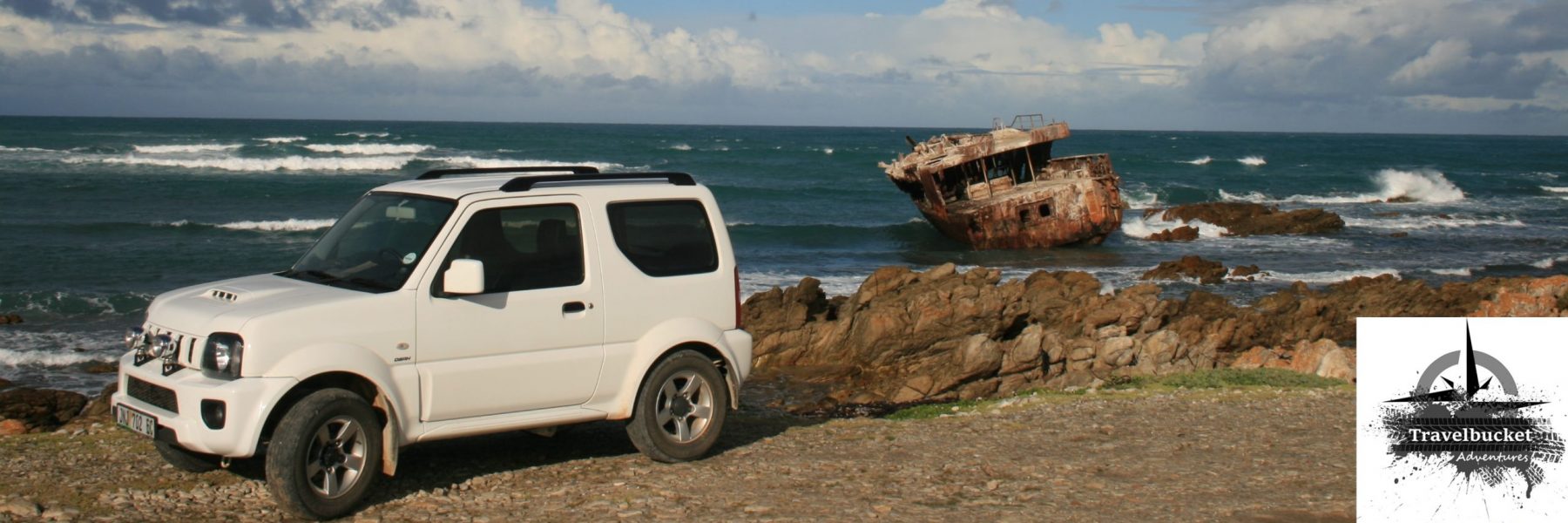This is probably the most stressful aspect of any border crossing, with the most variables per country, but if you stick to the following you should be more or less okay.

- If your vehicle is still under a finance agreement, you will need to acquire a letter of permission from the applicable financial institution. Each institution has its own requirements and procedures to follow as to how to obtain it. Allow enough time to obtain the required paperwork. If you are planning to take a trailer or caravan remember to do the same, if financed.
- Make sure your ID number matches that used on your vehicle documents. If your registration papers show your RSA ID number, then take it with you. Rather take too much proof than be in a predicament.
- Take a colour copy of your vehicle’s registration papers. This is very handy. It is a popular document and it is frequently asked to produce at roadblocks and/or border posts. Important: hold on to the original document and never let it leave your sight. I always make some extra copies to hand out if required.
- Apart from the document itself I also write down the VIN number, etc in my diary and keep it apart from the official documents. You never know what can happen …
- If you’re covered by your SA insurance, then get a letter to prove it. Not all insurance policies provide cover when traveling in neighbouring countries. If this is not the case you will have to buy insurance at the border post.
- When planning a Northern African trip and entering/exiting several countries consider buying a Carnet de passage en Douane. This allows you to import/export your vehicle without incurring extra fees. Of course, a Carnet de passage en Douane attracts its own specific costs depending on which countries you plan to visit, but the cost and paper trouble is worth it in the end.
- Note that a carnet can only be obtained in your country of origin. For example, if your vehicle carries a South African registration plate, you need to buy it in South Africa, etcetera.
- You will need to display a ZA sticker (or your country of origin) at the back of your vehicle. If you plan to visit Mozambique they have additional requirements regarding trailers. You get different types of ZA stickers – magnetic and a sticker type. We first tried the magnetic ones, but kept on losing and replacing them until we draw the inference that the African dust gets underneath and it does not want to stick anymore. The traditional sticker ones still works the best for us.

- Red and white reflective tape are required especially in Zambia and Zimbabwe. Remember you can be fined in each country for not having the right stickers. So this can become a costly exercise if you do not do your homework in advance.
- Also check the Zambia regulations as at some stage they required that you carry metal red triangles and not the standard plastic ones.
- Keep a fire extinguisher in your vehicle where you can quickly access it in case of an emergency. You do not want to loose your vehicle and spoil your whole holiday!
- A reflective jacket provides more visibility when changing a flat wheel after dark at the roadside. This precaution saved hubby a couple of times in deepest darkest Africa.
- A handy site where you can check the specific requirements for each country is the Automobile Association’s web page at: https://www.aa.co.za/services/travel-services/into-africa/cross-border-information.html
***Need some assistance in planning a route? Feel free to contact me.***

I have been checking out some of your articles and i can state pretty good stuff. I will make sure to bookmark your site.
Thank you! Be sure to like our Facebook page as well. You will find some interesting shares!
We have been to Botswana and Namibië during September. I did obtain all the relevant documents, but how long are they valid. We are going to Nam again on 19 December.
Documents should be good for at least six months to one year. Just check third party and insurance for expiry dates.